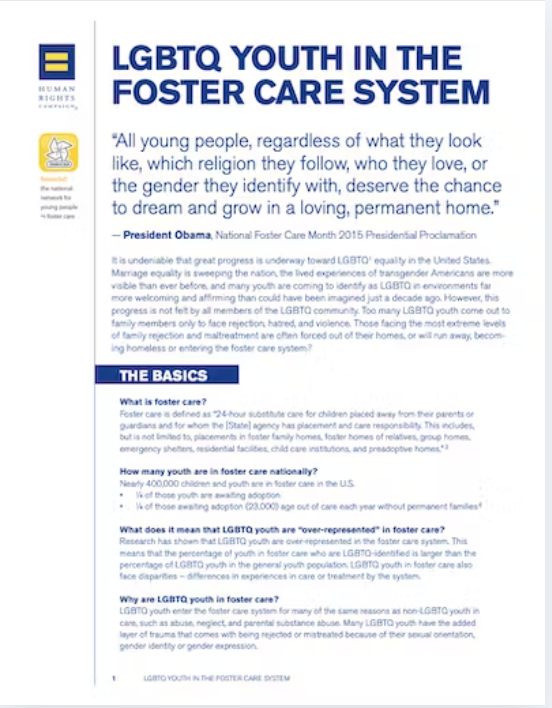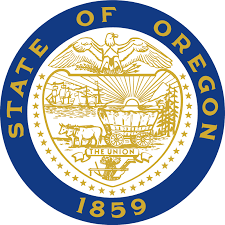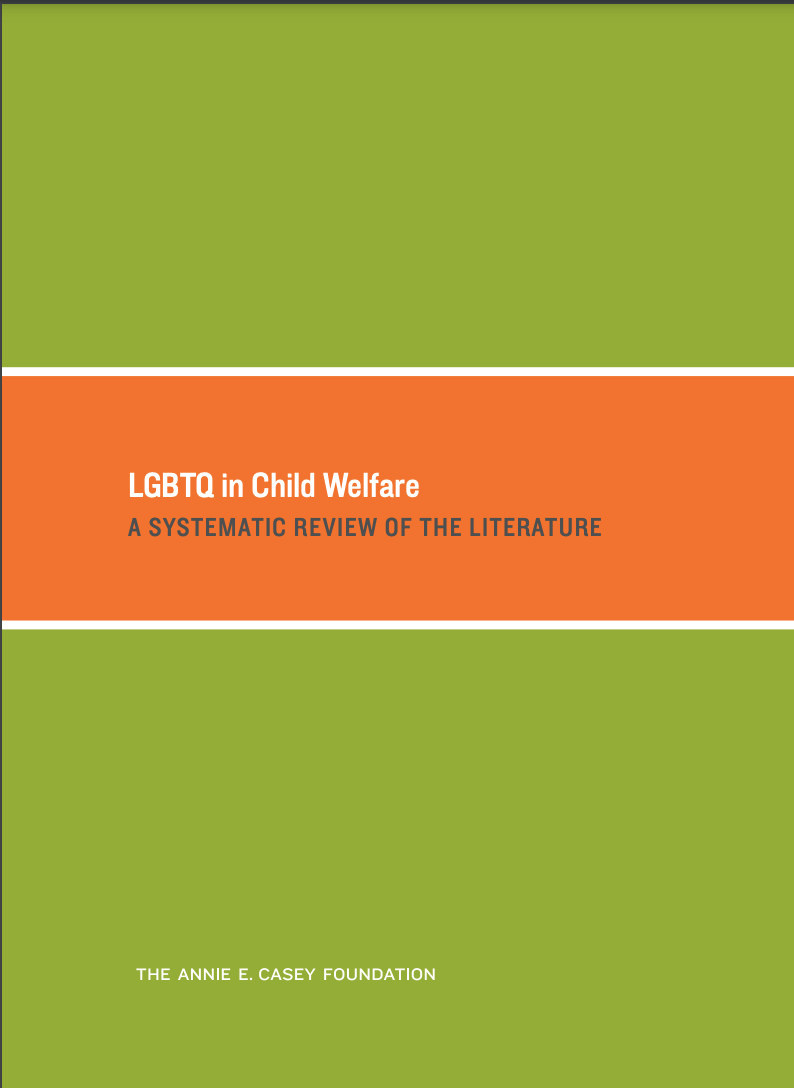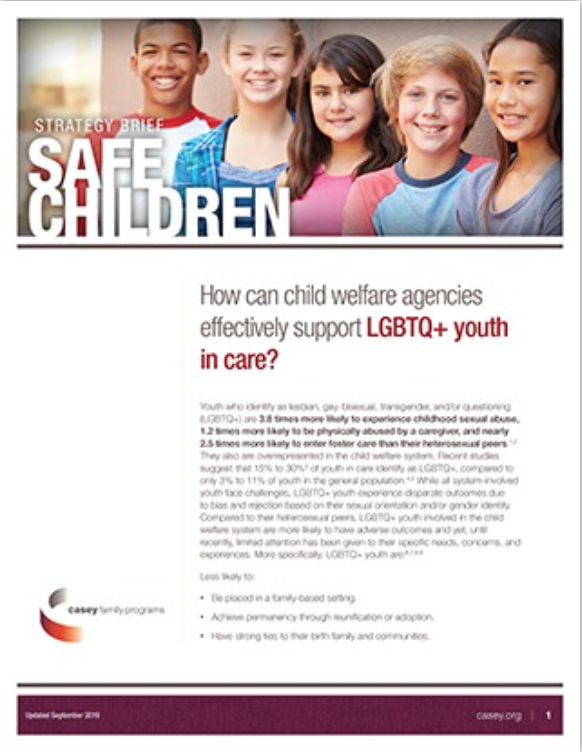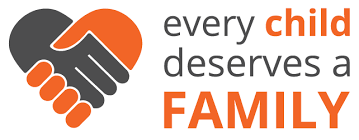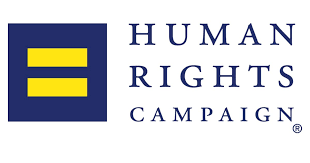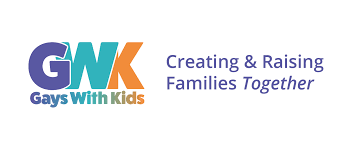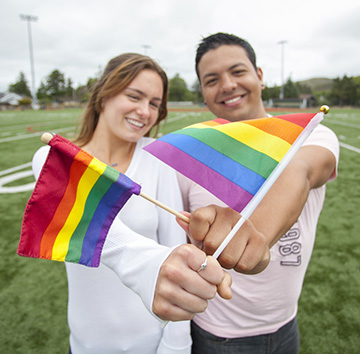
Every youth in foster care deserves equal and equitable care, regardless of their sexual orientation or gender identity.
Why it matters
LGBTQ2S+ youth often encounter discriminatory and inequitable treatment in the foster care system simply due to their sexual orientation or gender identity. Improved policies and practices are not just important, but essential, and are most effective when led by LGBTQ2S+ LEx Leaders who have firsthand experience within the system. These targeted improvements serve to provide queer identifying youth with the specific support and protection they rightfully deserve.
Quick Facts
Over 30% of youth in foster care identify as LGBTQ2S+, compared to 10% of the general population (source)
LGBTQ2S+ youth are twice as likely to report discrimination, and even more likely if they are Black or Brown (source).
In a 2019 FosterClub poll of LGBTQ2S+ youth, only 36% of youth agreed that they had an adult role model who affirmed their LGBTQ2S+ identity.
In the same poll, 75% of youth reported hearing negative messaging about their identities.

“Stopping youth from the ability to be in a loving family kind of defeats the purpose of why we have a foster care system.”
— Daysha, age 26, spent time in the Michigan foster care system
How we're working on this issue
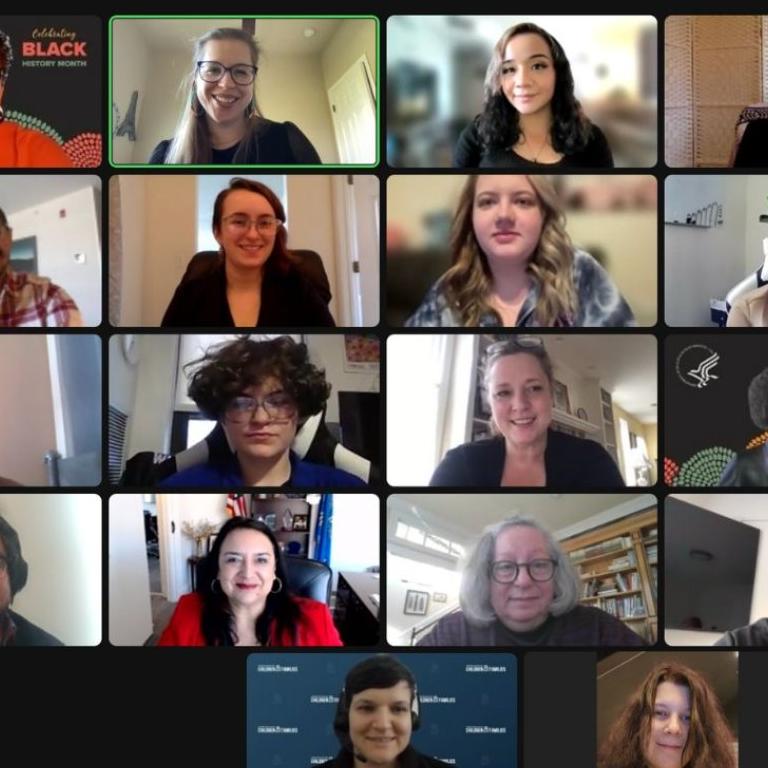
Speaking with Federal Officials About SOGI Data Collection
LGBTQ2S+ FosterClub LEx leaders often meet with federal officials to discuss their experiences related to sexual orientation and gender identity (SOGI) while in foster care. Conversations range from whether youth feel safe disclosing their SOGI, to the impact of coming out during their time in foster care.
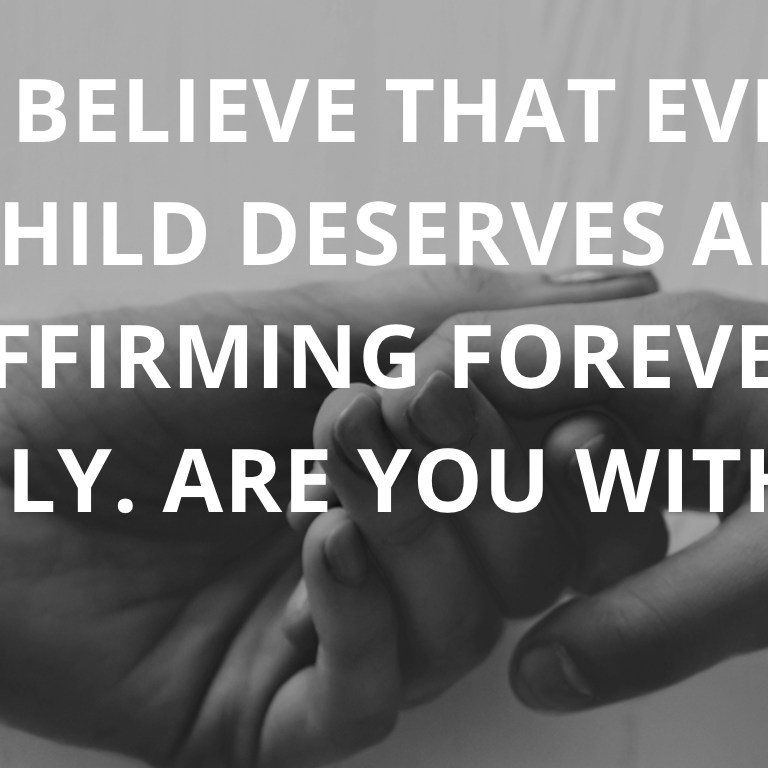
Advocate for Laws to Fight Discrimination by Agencies
LGBTQ2S+ FosterClub LEx Leaders often engage with a coalition of national organizations focused on supporting LGBTQ2S+ youth and families in foster care. For example, upon learning about a new federal rule aimed at preventing discrimination against LGBTQ2S+ individuals by federal agencies, LEx Leaders got together and shared their insights. Their expertise underscored the importance of anti-discrimination protections in ensuring the well-being and success of LGBTQ2S+ youth within the foster care system.
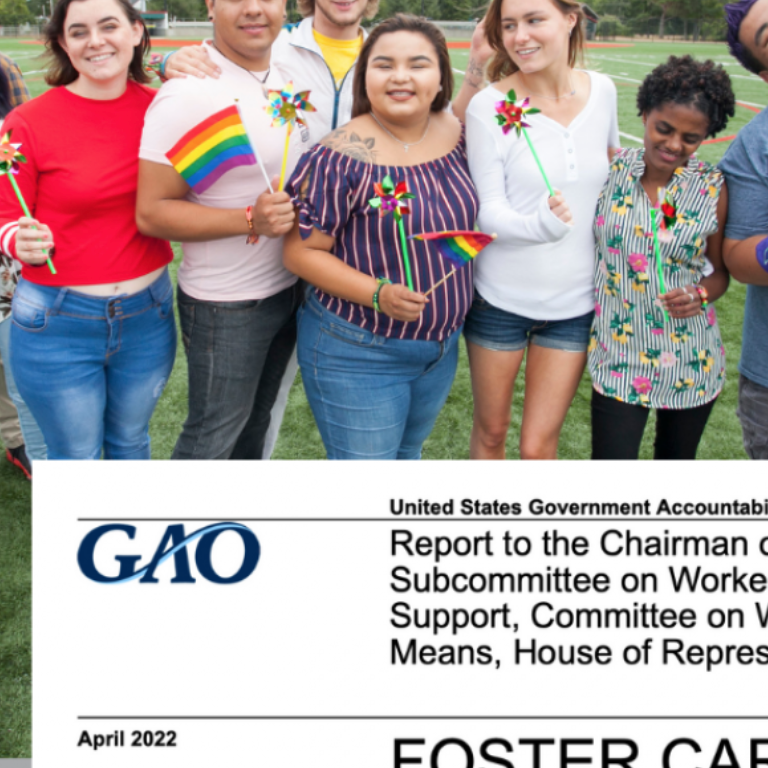
Contributing to Government Reports
LEx leaders collaborated with the Government Accountability Office staff to share their personal experiences in foster care, specifically focusing on LGBTQ2S+ identity and religious experiences. Their input informed a comprehensive report that scrutinized the conditions facing young people in the foster care system. The report offered actionable recommendations for states, suggesting the importance of data collection, the implementation of nondiscrimination policies, and enhanced training for child welfare professionals to better support LGBTQ2S+ youth.
"As a bisexual biracial youth, I noticed that a lot of caregivers and staff don’t have a lot of training around handling LGBTQ2S+ youth. I feel like their personal opinions get involved and make it more complicated… So creating more training and creating more transparency will move things forward.”
— Keyona, age 22, spent time in the Arizona foster care system

Blogs on LGBTQ2S+ Youth
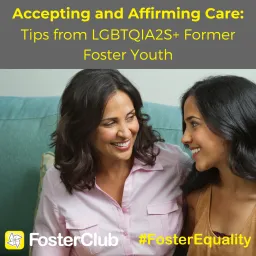
Accepting and Affirming Foster Care: Tips from Former Foster Youth
For LGBTQIA2S+ youth in foster care, acceptance from foster care providers and professionals improves their mental and physical wellbeing, as well as protects them against risky behaviors such as substance misuse. Experiencing identity rejection can diminish a queer foster youth’s sense of self worth, self-esteem, and belonging. Here are a few tips from LGBTQIA2S+ individuals with lived experience in foster...
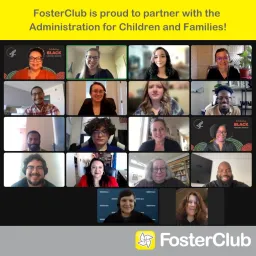
LEx Leaders meet with Federal Foster Care Leadership
On Friday, February 10th, FosterClub co-hosted a roundtable discussion with the Administration for Children and Families on the experiences of LGBTQIA2S+ youth in foster care as well as the importance of Sexual Orientation and Gender Identity (SOGI) data collection. The roundtable brought together a group of Lived Experienced Leaders (LEx) to engage with Assistant Secretary January Contreras (Administration for Children...

Every Child Deserves a Family… And Some Good Trouble
In memoriam of the Honorable John Lewis and his fight for LGBTQIAS+ equality in child welfare. “ So many children dream of a stable loving family. Many adults want to open their homes and their hearts, but they face barriers because the system says that they follow the wrong religion, that they love the wrong person, they’re not married. My...
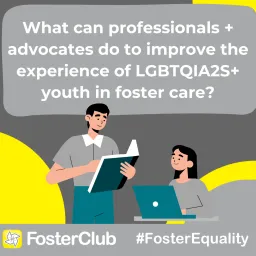
Practice Improvement: What can I (professionals + advocates) do to improve the experience of LGBTQIA2S+ youth in foster care?
In our last “Practice Improvement'' blog we covered how agencies can improve the experience of LGBTQIA2S+ youth in foster care. This time around, we’re going to build off of that by looking at what you, as an individual agency professional or advocate, can do in your individual work to improve the experience of LGBTQIA2S+ youth in foster care. What can...
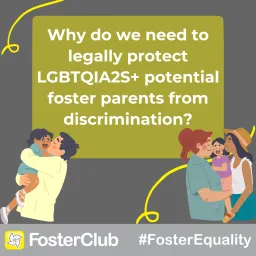
Policy Corner: Why do we need to legally protect LGBTQIA2S+ potential foster parents from discrimination?
LGBTQIA2S+ youth in foster care experience higher rates of discrimination in the child welfare system, as opposed to their heterosexual peers, due in part to potential families' unwillingness to foster young people because of their sexual orientation or gender identity 1 . One way to help reduce discrimination against queer youth in care is to recruit and maintain foster parents...
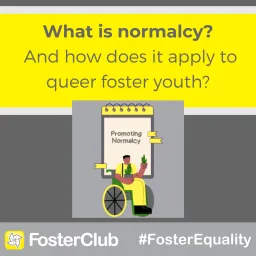
What is ‘normalcy’ and how does it apply to LGBTQIA2S+ youth in foster care?
The Foster Youth and Alumni Policy Council defines normalcy as the right of foster youth to regularly engage in extracurricular activities and “critical for establishing well-being for foster youth”. Without normalcy, foster youth can feel different from others, which impacts their ability to form lasting relationships and opportunities for healthy brain development. “There are interminable arguments to make in favor...

